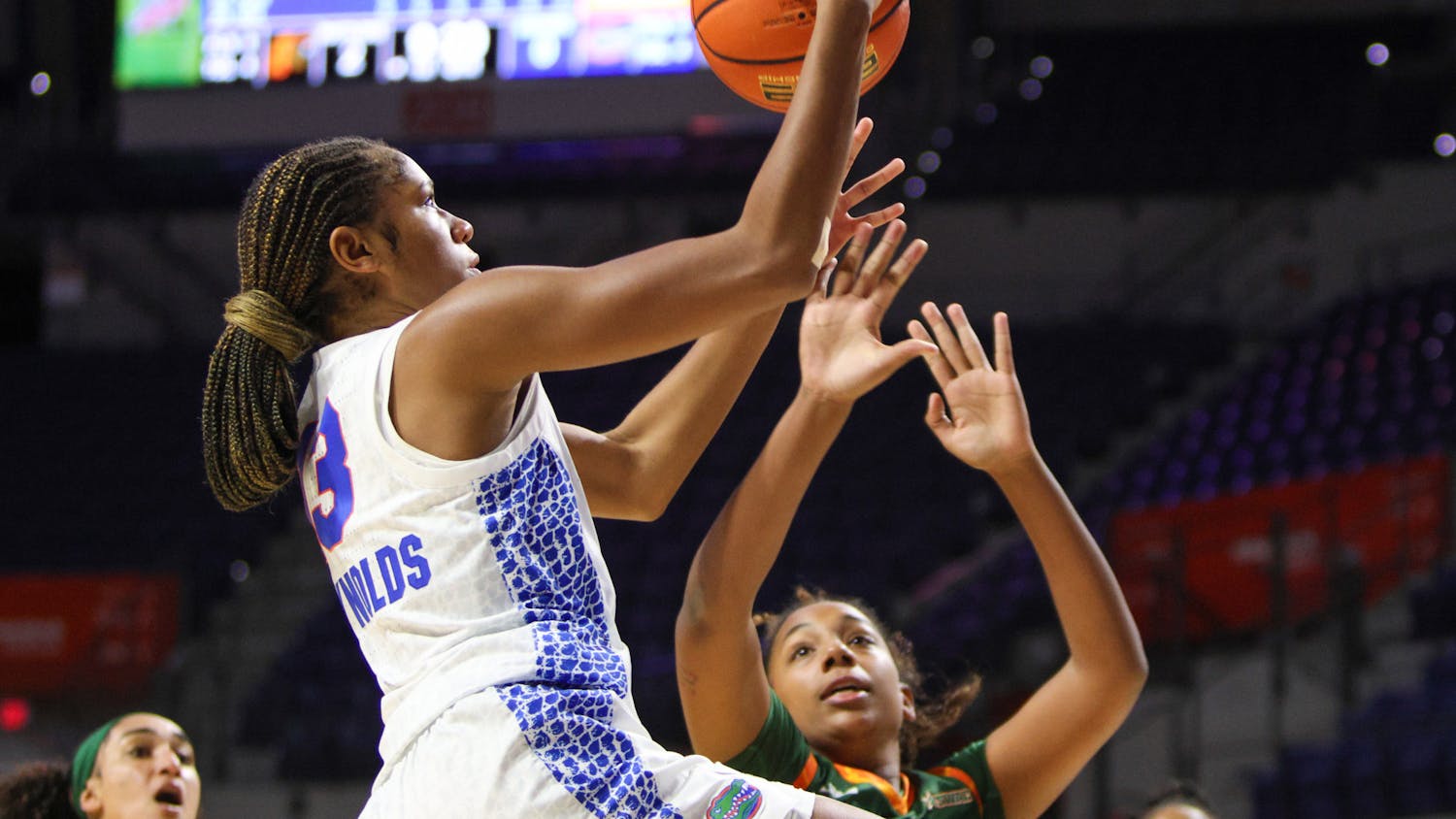Why are we still on Facebook?
About two weeks ago, Facebook agreed to settle a class-action lawsuit filed in August 2008 by 19 Facebook users who alleged the social networking service violated a set of privacy and consumer protection laws with its Facebook Beacon advertising program. Under the terms of the proposed settlement, Facebook will shut down Beacon and contribute $9.5 million toward promoting online privacy and safety.
This appears to be the last chapter in the story of Beacon, which, since its implementation in November 2007, has been a source of controversy for Facebook. With Beacon, third-party partner companies, such as Fandango, Blockbuster and Overstock.com, shared information about users' purchases with Facebook, which in turn reported this information on the News Feed.
It didn't help that Facebook handled the roll-out of Beacon with incredible shadiness: Beacon was initially an opt-out program, and the first many Facebook users learned of the program was when they saw it in action on their profiles.
Facebook waved off concerns about Beacon at first, with one executive saying that, given enough time, users will "fall in love" with it. But users didn't fall in love with it - especially when it seemed as if Facebook was going out of its way to make it difficult to opt out of Beacon, and when it was discovered that Beacon still tracked users' activities even if they logged out of Facebook. In December 2007, Facebook CEO Mark Zuckerberg apologized for the company's handling of Beacon and said the program would be entirely opt-in.
The whole Beacon episode was a sort of watershed moment for Facebook, the moment when it became abundantly clear that Facebook was a marketing tool that moonlit as a social networking service rather than the other way around.
This paradigm shift is subtly reflected in other parts of Facebook. For instance, when I first signed up for a profile in 2006, the "personal information" section - the part where you list things like your interests, favorite music and favorite TV shows - was the centerpiece of your profile. Each individual entry was rendered as a link, so you could see with a click who else in your network and among your friends likes listening to, say, The Postal Service.
Now, this information is relegated to its own page that, for the most part, people have very little reason to look at. If you click an entry, it runs a generic search for that term on all of Facebook; clicking "The Postal Service" now produces a bunch of false positives, the first of which is the profile of someone who was an industrial engineer at the USPS. It appears the only reason the personal information section exists is to feed marketing insights to Facebook.
And make no mistake - the information we volunteer on Facebook is a marketer's wet dream. It's very specific information about our interests and activities, cross-tabbed with our age, sex, geographic location, relationship status, political and religious beliefs, sexual orientation and education level. Many advertising folks would sell what's left of their souls for this stuff, and we give it away for free.
I don't mean to sound too self-righteous about this - not only do I still have a Facebook profile, I cheerfully list that I'm interested in puns, Thai food, gay rights and Tetris. (Which, by the way, yields some interesting targeted ads.) And I'm not suggesting we should all shut down our profiles en masse. But we've put ourselves in a situation where we put up with Facebook's privacy issues because we've become dependent on the service for the maintenance of many of our relationships. And almost assuredly, Facebook will eventually go too far (or get boring), and we'll all jump ship.
Until then, it's important to ask if what we're getting is worth what we're trading off.
Joe Dellosa is an advertising senior. His column appears on Tuesdays.





